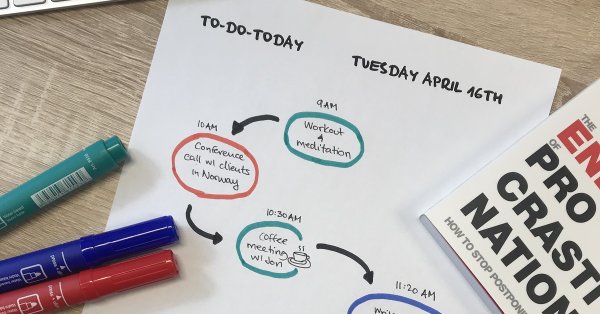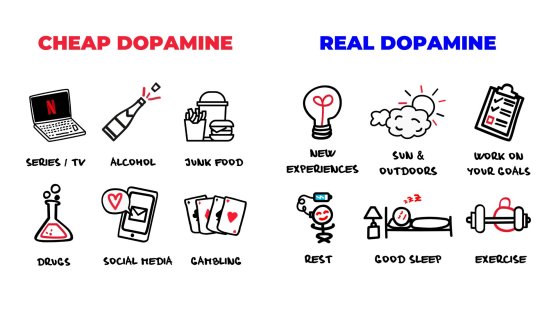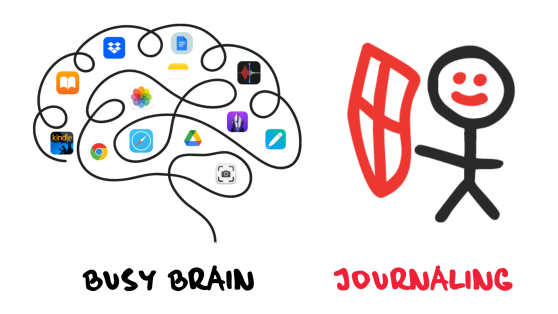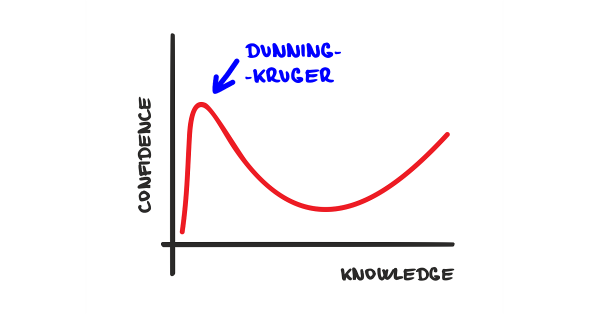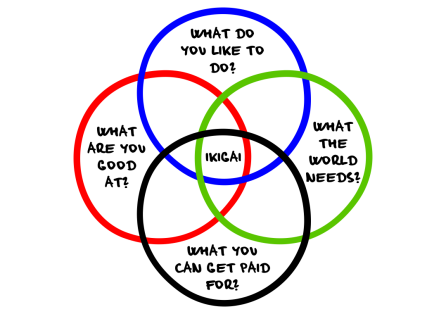Blog article
Happy Employee
Posted by Lukas HavranekAre your employees intrinsically motivated and self - directed? Do they care about the company, its targets, or their fellow employees? How often do they procrastinate?
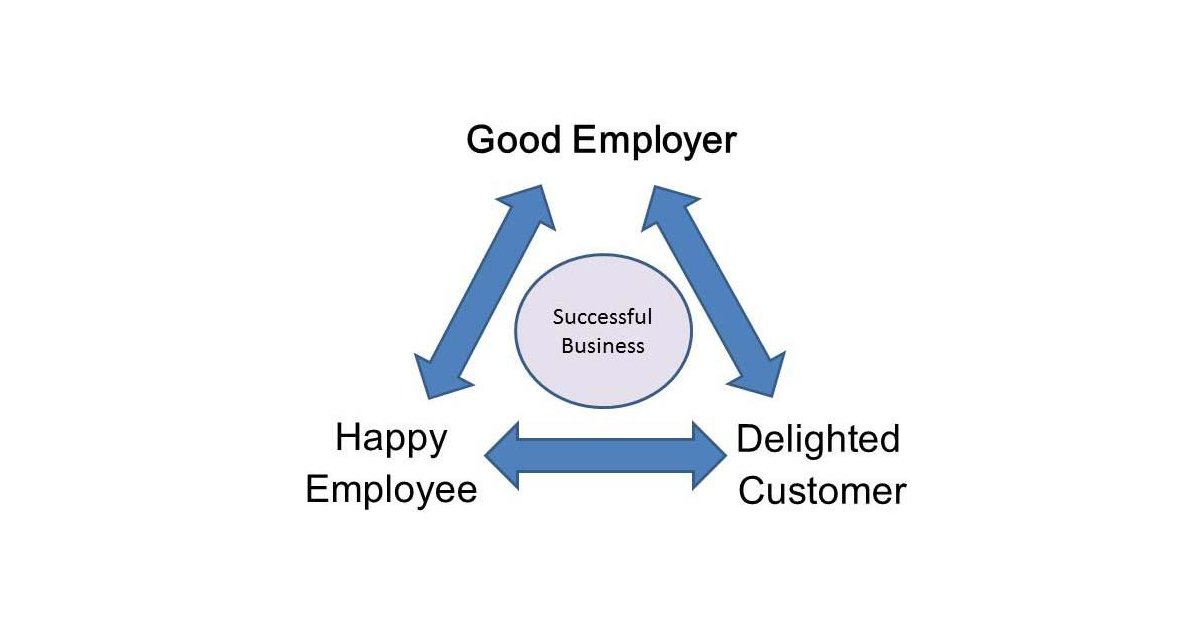
Studies in psychology and economics show that a big part of the problem is information overload. We are so overwhelmed by the volume of information that we become paralyzed by it. It’s too much to digest - so we procrastinate or second - guess our decisions about what we should do, or what we want.
However, it is possible to escape this cycle and to increase motivation and productivity. In our workshop, we share some practical tools based on up - to - date scientific research in order to help you do just this.
Not Robots
Dan Ariely, Professor of Psychology and Behavioral Economics at Duke University, set out to unlock what motivates us. In his talk “What Makes Us Feel Good About Our Work?”
Ariely presents the results of an experiment in which two groups were paid to build robots out of Legos. The first group was paid less for each robot built: $3 for the first, $2.70 for the second, and so on. After group members finished a robot, they would watch as Ariely immediately destroyed it. He then asked if they would like to build another one for less money. This group built fewer robots. The second group, meanwhile, had their robots destroyed only at the end of the experiment, out of sight. This group built more.
Though Lego robots are hardly meaningful products, the point of Ariely’s experiment is this: Money obviously isn’t everything. What people really want is for their work to have a purpose. Seeing their robots immediately smashed, crushed the first group’s motivation because their work was not valued.
Transported into the workplace, this suggests one thing. People aren’t robots. If employees see the purpose of their day - to - day effort, they are likely to care about the company, its mission, and their fellow workers. Those who lack purpose, procrastinate and are paralyzed in the face of self - directed decision - making.
Muscles of Heroism
When we lack purpose, we fear to step out of our comfort zone to take on bigger challenges. In a word, we fail to be our own personal hero. Take your morning routine, for example. If you are like most people, you hit the snooze button more than once before getting out of bed. Those extra minutes of sleep may feel good, but they steal from our day’s purpose.
The good news is that we can learn to step out of our comfort zone. Philip Zimbardo, Professor of Psychology at Stanford University (see the link), calls this training our ‘muscle of heroism’ so that we are equipped to take on bigger challenges more often. Each small step, like getting up on the first alarm tone, is a heroic feat.
If you are interested in: motivating yourself, your employees or your team; increasing your productivity or those you manage, and taking risks and not fearing failure, then our workshops are made just for you!
